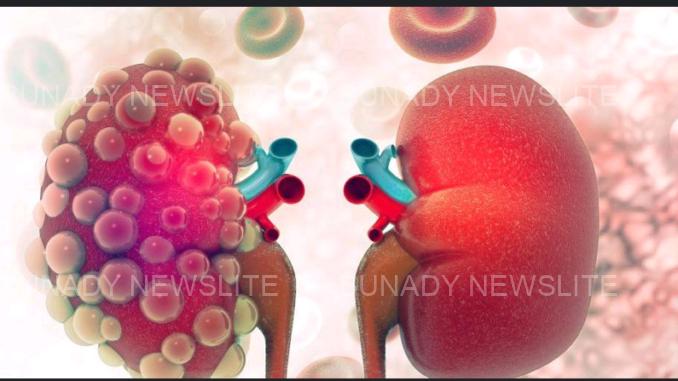If Your Kidneys Are In Danger, Your Body Will Give You These 8 Signs
The kidneys are vital organs responsible for filtering waste and excess fluids from the blood, balancing electrolytes, and regulating blood pressure. When your kidneys are in danger, your body may exhibit various warning signs. Recognizing these symptoms early can help prevent severe complications. Here are eight signs to watch out for:...READ ORIGINAL & FULL CONTENT FROM SOURCE |
1. Swelling in the Body
Kidneys regulate fluid balance. When they’re not functioning properly, fluid builds up, causing swelling in the feet, ankles, hands, or face. This condition, called edema, often indicates reduced kidney efficiency.
2. Changes in Urination
Frequent urination, particularly at night, or changes in urine color, consistency, or volume can signal kidney trouble. Foamy urine or blood in urine is a red flag for potential kidney disease.
3. Fatigue and Weakness
Healthy kidneys produce erythropoietin, a hormone essential for red blood cell production. Damaged kidneys result in anemia, leading to chronic fatigue, weakness, and reduced energy levels.
4.Persistent Back Pain
Pain in the lower back or sides could indicate kidney infections or kidney stones. Persistent discomfort warrants medical evaluation.
5. High Blood Pressure
Kidneys help regulate blood pressure. Damaged kidneys may struggle to maintain this balance, resulting in hypertension, which further harms the kidneys.
6. Dry and Itchy Skin
Kidneys remove waste from the blood and regulate minerals. When they fail, toxins accumulate, causing dry, itchy skin due to imbalanced calcium and phosphorus levels.
7. Nausea and Vomiting
A build-up of waste in the bloodstream can lead to nausea and vomiting, indicating the kidneys aren’t filtering toxins effectively.
8. Metallic Taste or Ammonia Breath
Impaired kidney function can cause waste products to linger in the blood, leading to bad breath or a metallic taste.
Ignoring these signs can lead to chronic kidney disease or kidney failure. Regular medical check-ups, a healthy diet, staying hydrated, and managing conditions like diabetes or hypertension are essential for kidney health. If you notice these symptoms, consult a healthcare professional promptly.

